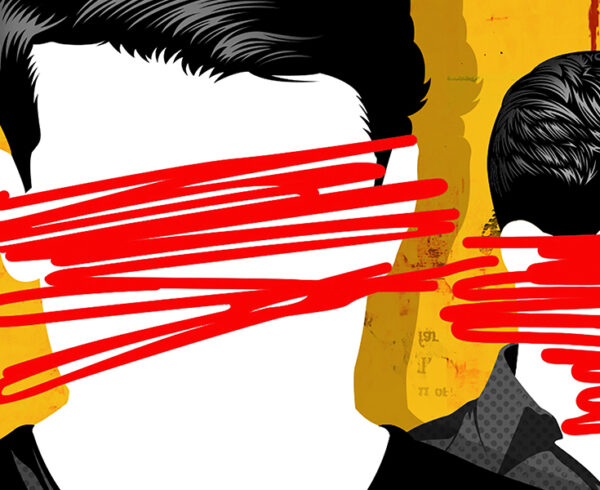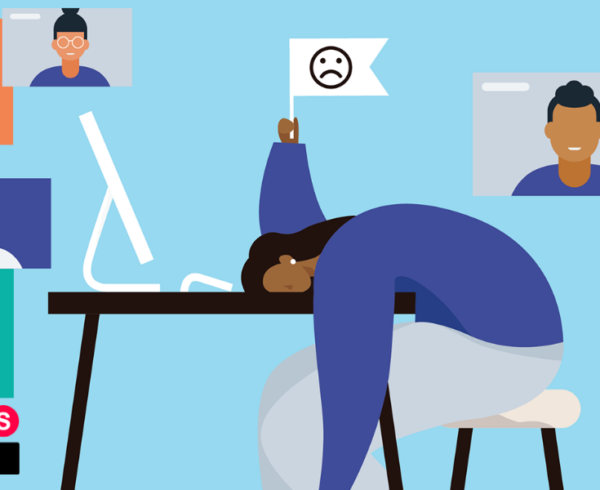Striving for perfection is something we all do. This applies not only to our personal goals, our work, our hobbies, but also to the wider world we inhabit. The idea of a perfect society, one in which every conceivable problem has been solved, has a sort of natural allure, and it’s no wonder that, again and again, well-meaning dreamers have attempted to perfect something that is fundamentally flawed: the human condition.
It is widely recognized that perfection is beyond unattainable in practice, but it’s still a worthy goal, right? You would think so, but on reflection, I’m not so sure. If you pay attention to how people actually behave, you’ll find that, however much we might think perfection is desirable, we don’t really like it when we get it.
We Never Achieve Perfection
Think about the kinds of products consumers like best. We value “hand-crafted” items over those produced in a factory. We have the technology to make products exactly the same every time, but consumers scorn them in favor of the imperfections that result from human error. Hand-blown glass, hand-carved wood, hand-turned pottery, all are preferable to their machine-produced alternatives. I even saw an ad for hand-poured coffee the other day, although I have no idea why it matters how coffee is poured.
You can increase the value of a beautifully polished slab of wood by hitting it with chains and calling it “distressed.” I’m not sure if pre-ripped jeans are still a thing, but the fact that they were for at least a little while speaks volumes.
The sound of distortion in a guitar amplifier is an error of conveying signal properly, an error that engineers spent years trying to correct before we decided we like the way it sounds. Digital cameras allow us to capture more perfect representations of our environment than ever before, yet filmmakers add film grain, motion blur, and lens flares, all originally imperfections resulting from faulty equipment.
On its own, it’s interesting that perfection is not all it’s cracked up to be, but I also think this has a broader implication for how we think about politics. The progressive vision for society relies heavily on control, order, and scientific planning. Through the use of centralized knowledge, data, and technology, progressives believe they can achieve, if not perfection, then at least something that can be rationally planned as opposed to the randomness of nature. At its most severe, this mindset was manifested in the early 20th century American progressive movement, when eugenics was employed in an attempt to perfect the race or at least weed out undesirable elements.
Libertarians, on the other hand, believe that attempts to apply human reason and the scientific method to something as complex as society are doomed to failure. There are just too many variables, not to mention the fact that human will itself is ultimately unpredictable. Libertarians believe that societal structures spring up as a result of all of us working independently, pursuing our own goals, and cooperating when circumstances require it. It’s not perfect; it’s often not even pretty, but it works pretty well most of the time and lacks the unfortunate side effect that seems to befall so many scientifically planned societies: mass famine or outright slaughter.
F.A. Hayek referred to the unplanned society as operating through a “spontaneous order” that emerges without a central planner. More recently, Jeffrey Tucker and others have substituted the phrase “beautiful chaos” which I find more apposite.
We Prefer Flaws
Order, symmetry, and regularity are fine as far as they go, but there seems to be something in human nature that rejects the rigidity of perfect order and craves the poetry that comes when things are just a little out of balance. It’s somewhat of a cliché at this point, but accommodation for human nature is a necessary feature of any society, and a significant part of the reason why socialism in practice always fails. I’ve had people call my dreams of a voluntary society Utopian, but in fact they’re anything but.
I love freedom in part because of how messy it is; because it’s unpredictable and imperfect. It may be frightening to some, but for me, these features are part of what makes liberty worth valuing in the first place. After all, a life reduced to perfectly regular order, with perfect predictability, would be no life at all.
This column originally appeared at the Foundation for Economic Education, and is reprinted here by permission.












